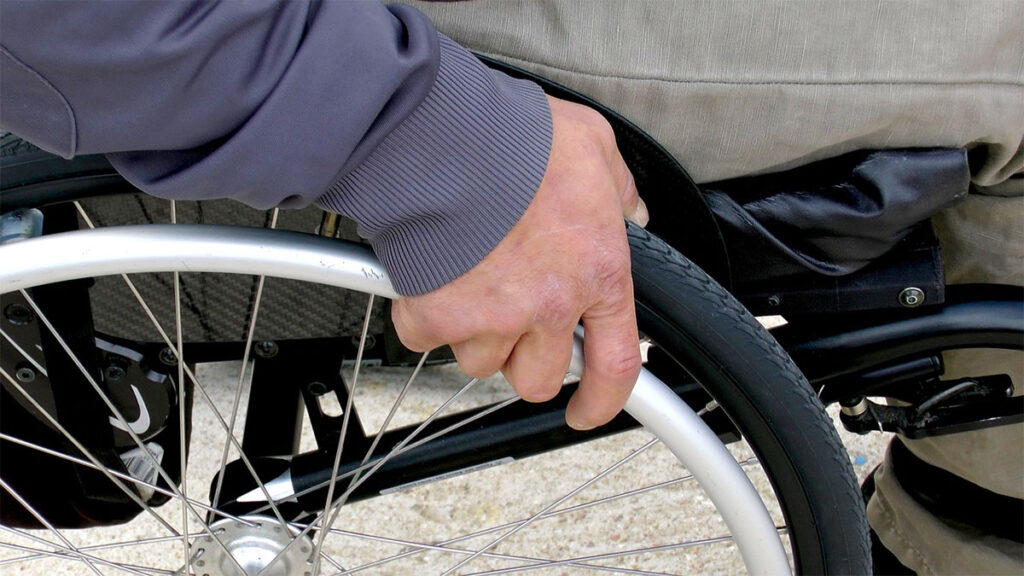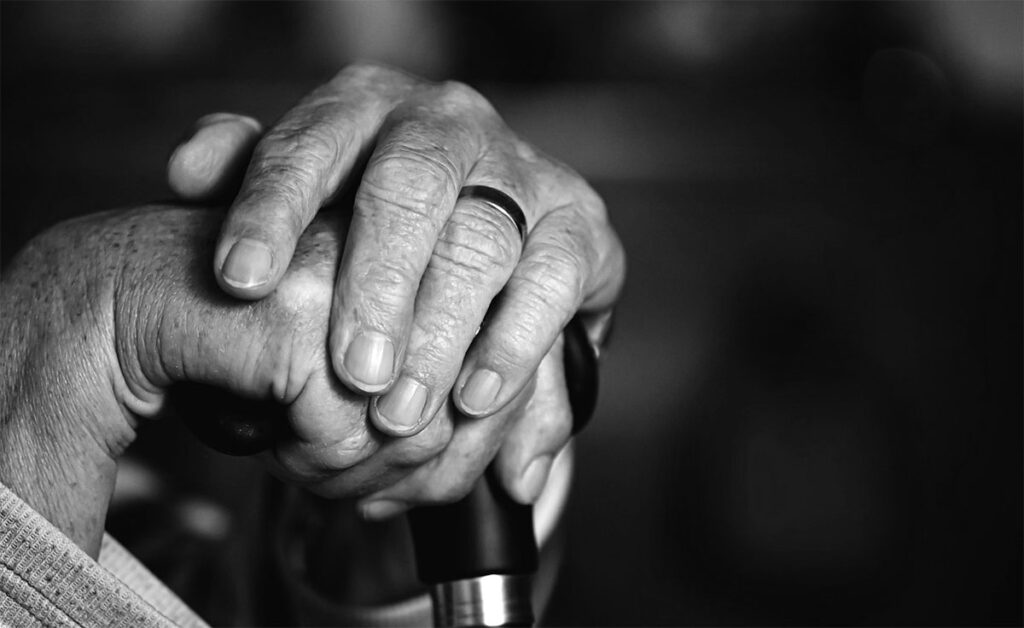If you’re looking for a low-stress job, you might want to look elsewhere for the moment. Here, we’re going to look at some of the steps and tips that can help better prepare you for a career in care. Working as a caregiver, whether looking after the young, old, sick, or those who might need more help living independently, is demanding. You have to make sure that you’re ready for the task ahead, and the tips and steps below can help you do that.

Ensure that the career is right for you
First and foremost, you have to be ready and equipped to handle what a career in caregiving can throw at you. To put it simply, it’s a demanding one. It can be stressful, and taking care of the needs of others is not always a pleasant experience, to say the least. However, if you have the right values and want to make a difference in the lives of others. If you want to provide help to those who need it, and if you can deal with some of the sadness people are facing, then the world of care might be right for you.
Caring for others can demand a degree of understanding and involve some sacrifice on your part. Caregiving is not an easy road to take. Still, you must take care of yourself and your own needs as well. You need to advocate for yourself at times to be sure you are treated with the respect and time to process various aspects of the role that you deserve.
Caregiver Fatigue is a well-documented syndrome that affects those who have become overwhelmed or perhaps burned out by the stresses of caregiving. You can avoid this when you take time for yourself and seek advice from professionals who can help you deal with this.
Work on getting some real qualifications
Now that you have made this decision and understand what is involved, you can enroll in training.
There are some caregiving or care-adjacent careers that you can get into before you have a lot of qualifications. Working in caregiving under someone else can give you practice and understanding. However, as soon as you know that the role of caregiver is what you want, it is strongly recommended that you get qualified training and education so you can be a qualified and licensed professional caregiver. This can include vocational training in adult care or health and social care. We are sure you can find vocational courses near you.
If you want to work in a specific niche, such as dementia care, end-of-life or hospice care, pediatric or care for other special needs individuals, you’ll need additional specialized training for these and other fields of care.
Keep building your basic medical knowledge
To ensure that your career moves in the right direction and keeps up with new developments in your field, you should continue training and building the skills you need, even when you’re already working. This way, you will be able to provide increasingly greater and more specific help to those under your care. Another advantage of continued education in your field is that you meet others with whom you can share experiences and gain much-needed emotional support.
Even if you’re working in private care and not in a medical setting, some degree of basic medical knowledge is requisite. You will no doubt be working alongside others as a caregiving team, and those you work with will appreciate your competency, caring, and support. You can look online for free CPR certification, for instance, and build up your first-aid training and emergency medical assistance skills bit by bit. Not only can it make you a more reliable hire, but you could genuinely be called upon to help save a life at some point in the future.

Work on your patient handling
In many carer positions, you will likely be expected or required to help handle and move patients. This can include moving them from their bed to a wheelchair, helping them use the bathroom, or transferring them into a vehicle. To make sure that you mitigate the risk of accident or injury as much as possible and to be able to make any transfer more comfortable, you should look at learning from a safe patient handling program. Of course, some degree of fitness is required to make sure that you’re able to reliably handle patients, as well, so if you’re not able to do that, you might want to look at working in positions that don’t require it, such as working with children, instead.
Always look for work experience opportunities
Aside from building up the specific skills that will make you a more effective caregiver and a more attractive hire, you should be looking for opportunities for hands-on experience. When you are fully trained, licensed, and qualified, you shouldn’t work for free outside of volunteering opportunities. However, while training, seeking opportunities for unpaid work, internships, and the like is a good idea. These are a good way to gather experience in the role. Later, this will come in handy to demonstrate your skills and knowledge. Volunteering will help you build networking connections and gain important recommendations from others. This will definitely make it easier to find a job in the future. Whether in a hospital, nursing home, or private care, employers expect to receive recommendations from those you have worked with previously.
Find a Caregiving Mentor
Finding a mentor is similar to the previous point, that you look for experience-building opportunities. Building a strong professional network can help you in a wide range of ways beyond landing the job alone. When you’re new, you need to accept that there’s a lot that you have to learn, even if you’re qualified, smart, and ready to prove yourself. Finding a caregiving mentor can help you ensure that you’re learning the insight necessary to really excel in the field. Someone taking you under their wing, showing you the ropes, and helping you avoid the mistakes that newcomers can make in care can help you come to grips with the job much sooner. Be open to talking to and asking for advice from those who are more senior to you.
Many will feel honored and appreciated when you approach them about being your mentor. It is a great sign of respect and trust on your part and achieves two effects. You receive mentorship from someone you trust and respect, and you learn to fit in and do the job much more quickly.

Be willing to hear constructive criticism
Unfortunately, the role of caregiver can mean you may be subjected to a lot of criticism. This can be considerably hard to take, especially when you know it is unwarranted. People who find themselves in the situation of needing a caregiver or relatives of an unwell person can be demanding. Often, this is because they are frustrated with the circumstance, not you.
You will have to develop a thick skin for such moments while genuinely trying to listen to their concerns. You need to learn how to handle difficult people and situations in a kind and caring manner. Sometimes, words and actions will hurt your feelings, but you must keep them to yourself. Later, you can deal with the issue, talk to your mentor, or find another experienced caregiver who can lend you an understanding ear.
Learning to “keep your cool” is part of the job, and it can come with rewards later when the persons involved realize they are inconsiderate and apologize. In any case, if you know you are doing your best, that is all you can do. Remember, the care you give is a blessing to those who receive it, even if their circumstances make them act in a hurtful way. Working with vulnerable and sick people can sometimes just be like that.
Always be open to constructive feedback, especially from your peers and employers. If you remind yourself during moments of stress or complaint, you can offer a healing ear when this happens. You may find you need to change something you are doing, which is part of the lifelong learning on a job we all have to do, no matter the career path. A high standard of care is expected of people who work so closely with the needs of others, and the sooner you can adapt to feedback, the sooner you can find yourself meeting those standards.
A career in caregiving can be a reliable source of income and, depending on your particular career trajectory, a lucrative way to work. Keep the recommendations given above in mind, and don’t be afraid to reach out and connect with those already in the career for advice and help on the way up.



